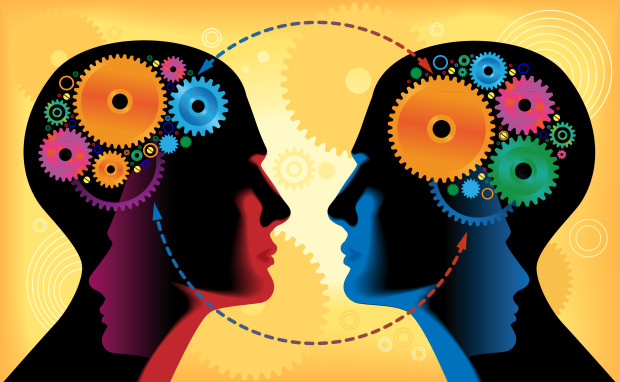The Mistakes of Thinking that Make Us Live in Shape Part 1
We think in the same form.
Our brain does not tolerate uncertainty. You need to know and understand everything. Therefore, any new information needs to be urgently driven into the familiar system. If the information contradicts our beliefs, we can easily find an explanation for it, and no one can convince us.
Basic attribution error
When we think of others, we explain their actions through their personal qualities. For example, why did a colleague yell at me? Because he's an asshole. When we think about ourselves, we explain our behavior by external factors. Why did I yell at a colleague? Because he's an asshole.
The consequence of this is a group attribution error. We give a characteristic of the whole group to each of its representatives, and vice versa. Remember the New Zealander who loved coffee? We think all New Zealanders love coffee.
Stereotyping
It's so hard to get rid of attribution errors that we ask every New Zealander why they suddenly stopped liking coffee. We know that everyone there is a coffee drinker.
Functional density
If we know how to use an item, we can't use it any other way. What to make an empty aluminum can out of? It should be shriveled and discarded. Or make a burner out of it. When we overcome this disorder, real creativity begins.
The effect of moral trust
The reputation effect. If a person has long been an example in something, makes the right decisions, then this becomes the norm. The person himself begins to believe that his decisions are good only because he makes them.
Faith in a just world
We believe that all evil people will get what they deserve, and the truth will one day prevail, we will do the same as people treat us, and karma will overcome all the wrongdoers. This is a cause-and-effect disorder that we interpret as soothing and pleasant to live with.
Submission to authority
We tend to do what our superiors, superiors, and generally supervisors above us say, and we follow orders even if we disagree.
Forms control us
We love forms very much and almost create them, and we don't even want to revisit them.
Oreol (Light Fluorescent) effect
The overall impression of a person affects what we think of them. Beautiful people look smarter, prettier, and more professional. So you fall in love at first sight, and then ask where the brains are.
Violation in favor of your own group
The people we consider "our own" seem better to us than others. It is spacious (city dwellers are not like that, our people are more cheerful) and works on a small scale.
We can reject other people's inventions and achievements just because they are unfamiliar.
The Cheerleader Effect
If a person is in a group where everyone is a little similar, they look more attractive.
Obsolescence of the idea
We can't see the data separately from the provider. If something is said by a "friend" person, then we consider the sentence logical, but if it is a" stranger", then we look for flaws.
"Let's decorate the office for the holiday!- says a colleague. If this is a designer with authority, then this is a great idea. If it's from a security department that no one knows about, then there's absolutely no reason to waste time on such nonsense.
The article was selected by Nikolai Merzlyakov.


